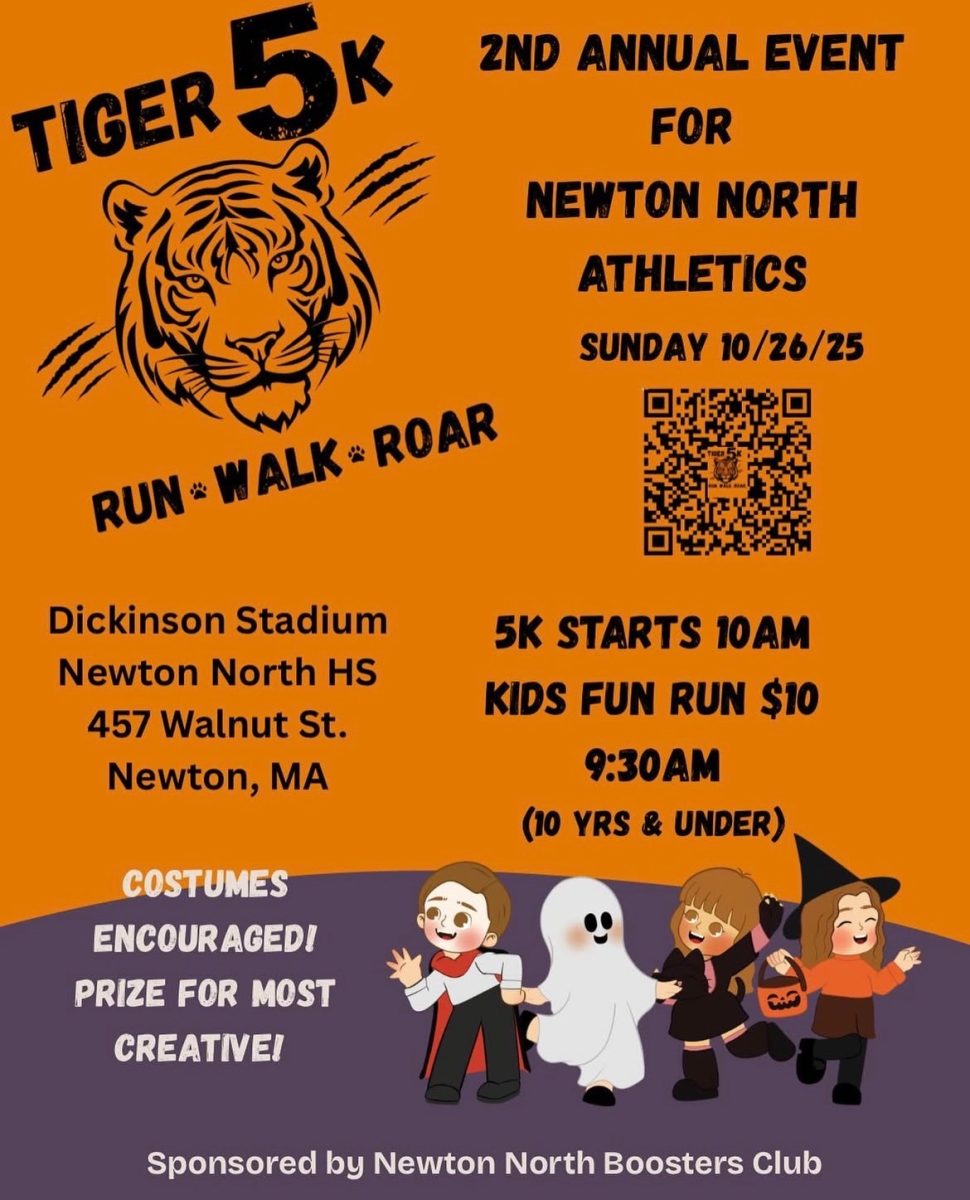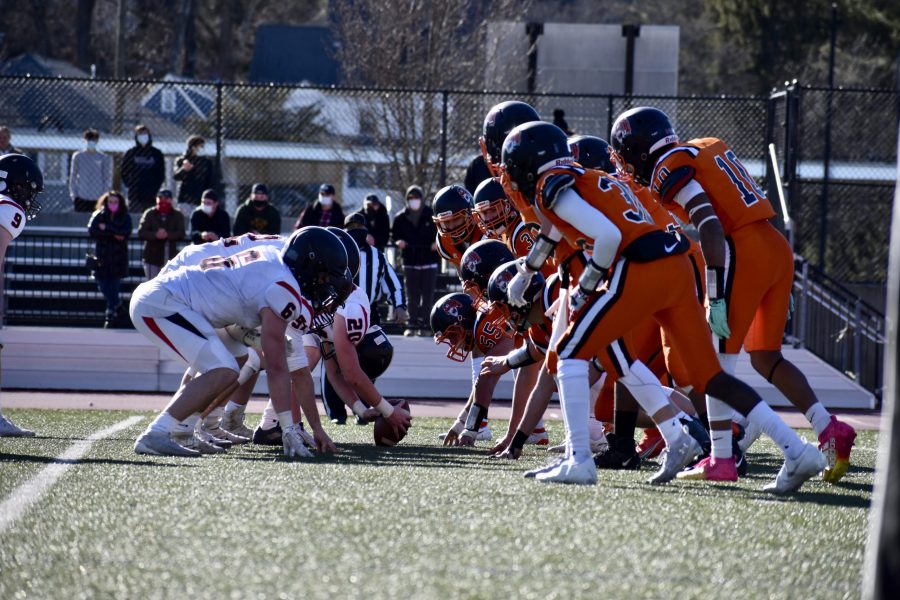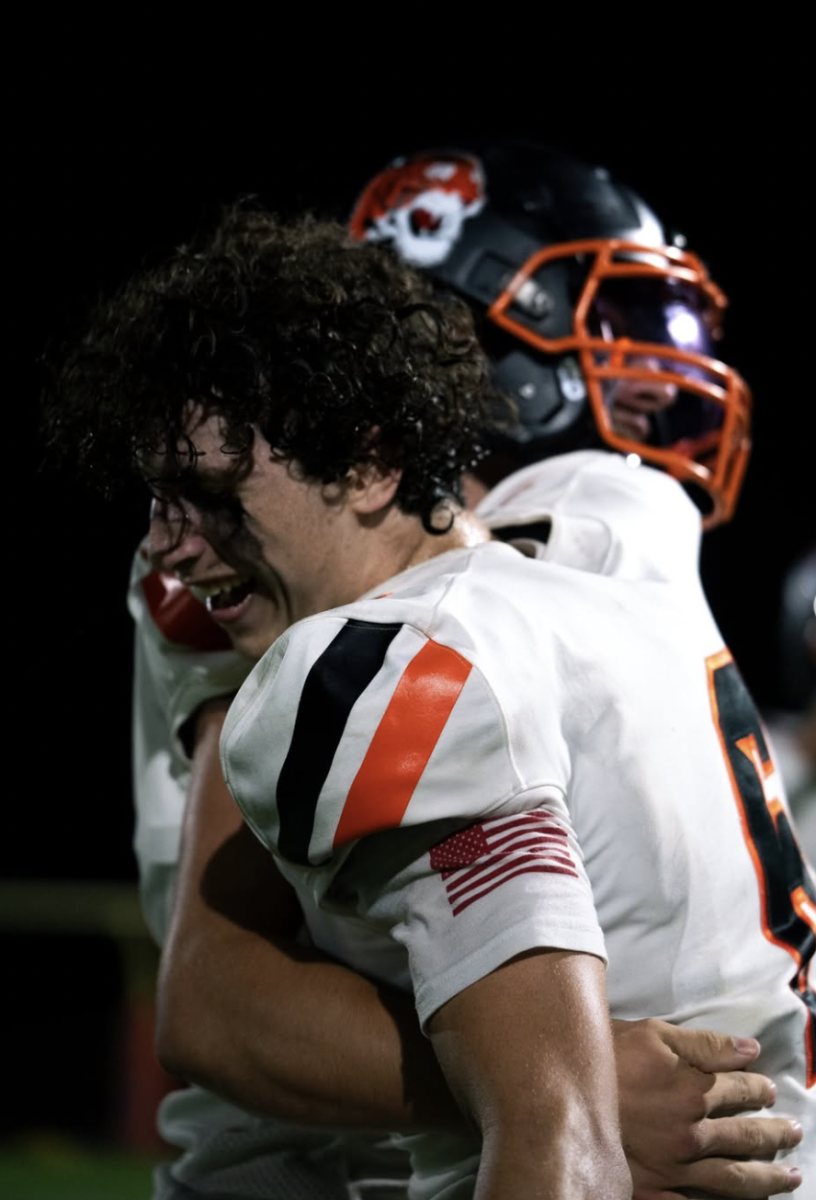With the postponement of many fall and winter sports, the MIAA implemented a fall II season. Running from Feb. 22 to April 25, the season included cheerleading, indoor track, girl’s volleyball, unified basketball, dance, and football.
According to senior John Robinson, a football captain with seniors Bruce Burba, Chris Claflin, and Rowan Devlin, “No one has any entitlement whatsoever. We’ve all been humbled, almost had it taken from us, and yet managed to be so lucky to be able to play.”
Burba added that team bonding was one significant challenge of the season. He said, “We weren’t allowed to have as many huddles and celebrations were different.”
However, Robinson said, “When you’re on the field, fall II doesn’t feel any different,” said Robinson. “You’re focused on doing your job and not letting your friends down––that never changes.”
Like most sport seasons this year, fall II featured a shortened schedule and North teams were limited to only playing in their conference.
“On the surface level, the structure has been different,” said Burba. “We had only five teams to play this year, as opposed to any regular season—it’s a much shorter version.”
“I definitely dislike how much shorter it is and I wish that we had our whole season,” said senior Tessa Lanfear, a volleyball captain with seniors Michaela O’Neil, Sofia Landry, Emma Larson, and Giulia Morgan. “But I am definitely very grateful that we’re even getting to practice here, and that our school has made these accommodations for us.”
Some athletes wondered whether there would even be a season. “We thought we might not have a season,” said Burba. “In my head, I really didn’t think it was going to happen.”
Robinson added that he remained “cautiously optimistic” but not confident that there would be a make-up season.
In order to circumnavigate social distancing, spectators were given the opportunity to view sporting events virtually. Athletic director Tom Giusti praised the TV media staff for the behind the scenes work of helping promote athletics during the pandemic. “Our TV production people have been the rockstars, the unsung heroes of COVID-19,” said Giusti. “They have been there to help promote our athletic teams, to help film these teams, so that parents, families, and college coaches can see them play.”
Despite fall II’s difficulties, Giusti emphasized the importance of looking at the bright side of circumstances.
“There are so many small successes,” he said. “It’s easier to look at the negative side of things, but I mean, is the glass half full or half empty?”
Burba echoed a similar sentiment. He said. “At the end of the day, we’re all really lucky and blessed to get this chance to play a sport we love.”












































